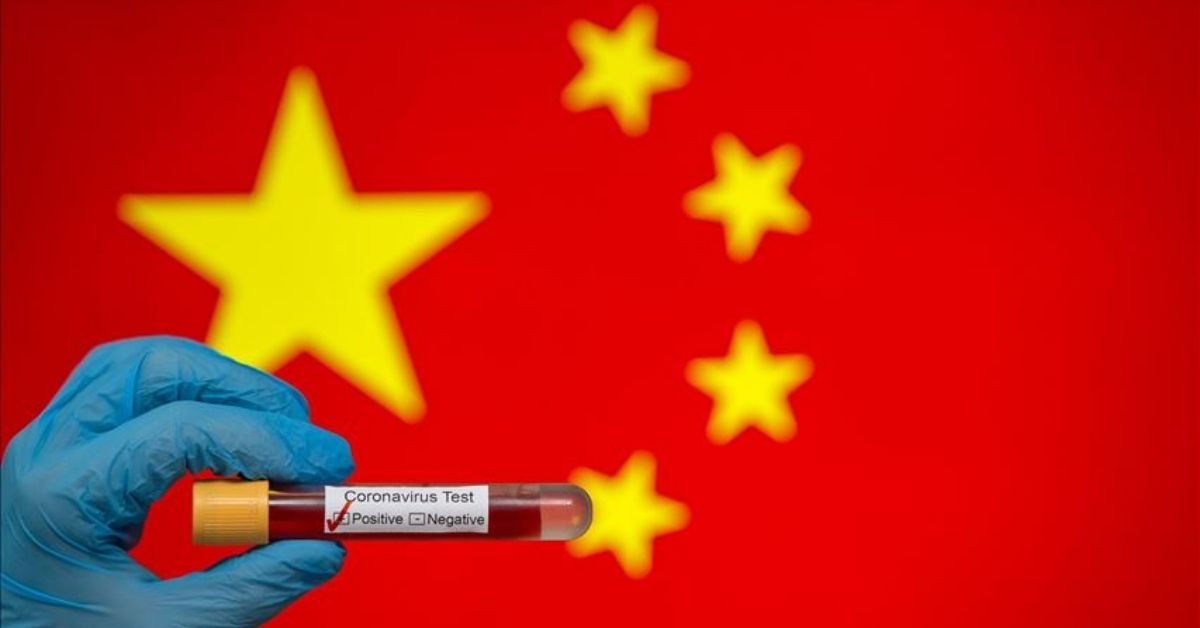As the rapidly spreading Omicron variant continues to cast shadows over the world, China is certainly facing an unnerving test in its fight against the virus, in an attempt to mitigate further disruptions to the country’s already impaired supply chains.
Omicron’s vast spread continues to pose a substantial threat to the world’s second-largest economy, with major ports including Dalian and Tianjin falling under the pestle of lockdowns one after the other, and further restrictions being rolled out across the country.
Zero-tolerance
While the rest of the world is fighting the same battle against Omicron, the far Eastern giant is following a zero-tolerance approach to prevent further outbreaks, with entire cities under lockdown and stringent travel constraints in place.
The stern measures may have proven beneficial to curb the virus spread, as the rest of the world struggled to lower transmission rates, however, with the new wave they are likely to negatively impact the country’s economy.
According to a market analysis released by the New York-headquartered multinational investment bank and financial services company, Goldman Sachs, China’s economic growth in 2022 has dropped to 4.3 per cent compared to 4.8 per cent in 2021.
The drop comes “In light of the latest COVID-19 developments, in particular, the likely higher average level of restriction to contain the more infectious Omicron variant,” the report claimed.
Added complexities
China, alongside other Asian source markets, has contributed the biggest share to the ongoing global adversity, as COVID-19 instigated nationwide lockdowns pushed manufacturing facilities to a halt, and later with the ease of restrictions, the same facilities were operating beyond capacity to meet the rising market demand, leading to severe port congestions and prolonged delivery delays across the world.
Having said that, increasing the current restrictions and slowing down production will inevitably stagger the hardly improving supply chains and subsequently impact China’s economic growth.
Port congestions
Ports across the country including the Shekou terminal in Shenzhen have reported major backlogs following the detection of Omicron cases, leading to further added delays and tighter bottlenecks.
The terminal has issued strict guidelines, compelling truckers to only use the terminal if they have a prior booking for export bound containers due to arrive within three days, driving a significant surge in stored container numbers and delaying vessels waiting to unload their freight, adding further complexities to the global supply chain equation.
While it is still unclear whether the added restrictions will help China overcome the highly infectious variant, it is obvious that the global supply chain disruptions are not going to diminish overnight and are likely to last much longer than expected.
Source : Logistics Middle East








